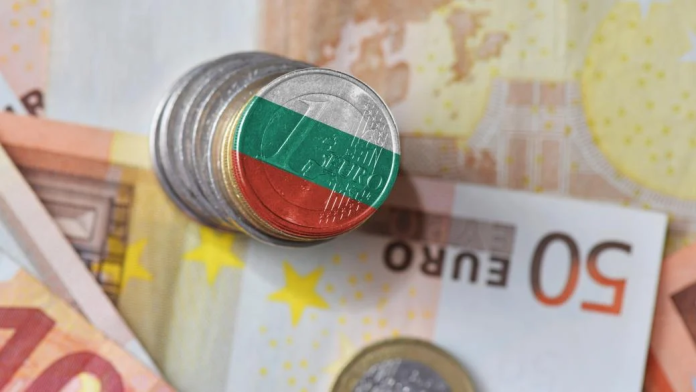Bulgaria’s aspiration to join the eurozone by 1 January 2026 faces uncertainty due to an average annual inflation rate of 2.6%, as reported by the National Statistical Institute (NSI).
Under the Maastricht criteria, Bulgaria’s inflation rate must not exceed that of the three best-performing EU member states by more than 1.5%. Currently, the average inflation rate among these top-performing countries stands at 1.07%, setting Bulgaria’s maximum allowable threshold at 2.57%. However, the country’s measured inflation rate is 2.6%, just 0.03% above the limit.
Boyko Borissov, leader of Bulgaria’s largest political party, GERB (EPP), has announced that his party will summon the head of the NSI to parliament to clarify how inflation data is calculated.
When they give us the data, we will summon them to parliament to explain what parameters they detect, to explain to us and to convince us of the truth of these statistics. I trust the institutions.
The Bulgarian government is awaiting Eurostat’s January data, set to be released on 24 February. Preliminary inflation figures for eurozone countries may be revised as early as March, based on updated consumer basket data.
By the end of February, Sofia must decide whether to request an extraordinary convergence report to assess Bulgaria’s readiness to adopt the euro from the start of next year.
Inflation challenges
The European Commission and the European Central Bank will evaluate Bulgaria’s inflation data in the context of next year’s projections, alongside the estimated budget deficit. Borissov emphasised that eurozone membership remained the government’s top strategic priority. He pledged to present a state budget with a deficit of no more than 3% of GDP to parliament to support the goal.
The rise was anticipated due to increases in water and electricity prices, the restoration of the standard 20% VAT rate for restaurants, and the reintroduction of VAT on bread. Additionally, mobile operators have unilaterally revised existing contracts.
Amid such developments, the Vazrazhdane party has sought to cast doubt on the NSI’s data without providing evidence. The party accused the Bulgarian Statistical Institute of manipulating figures to expedite the country’s entry into the eurozone.
As Bulgaria navigates the challenges, the path to eurozone membership remains fraught with economic and political hurdles. The government’s ability to address inflation and maintain fiscal discipline will be critical in determining the country’s readiness to join the eurozone by its target date.
